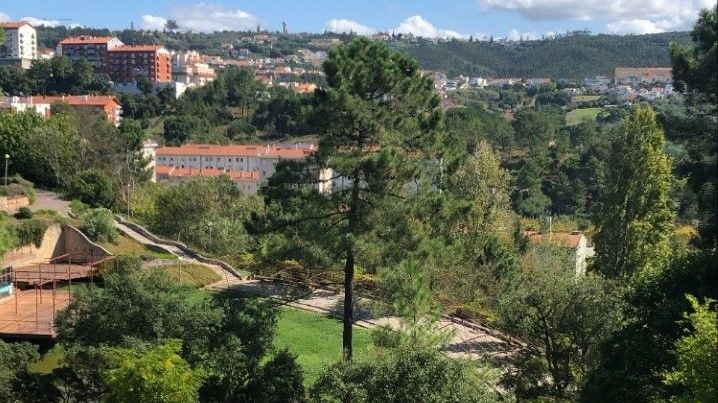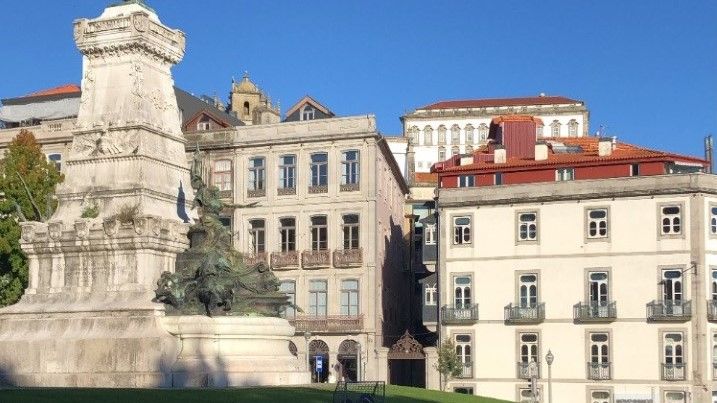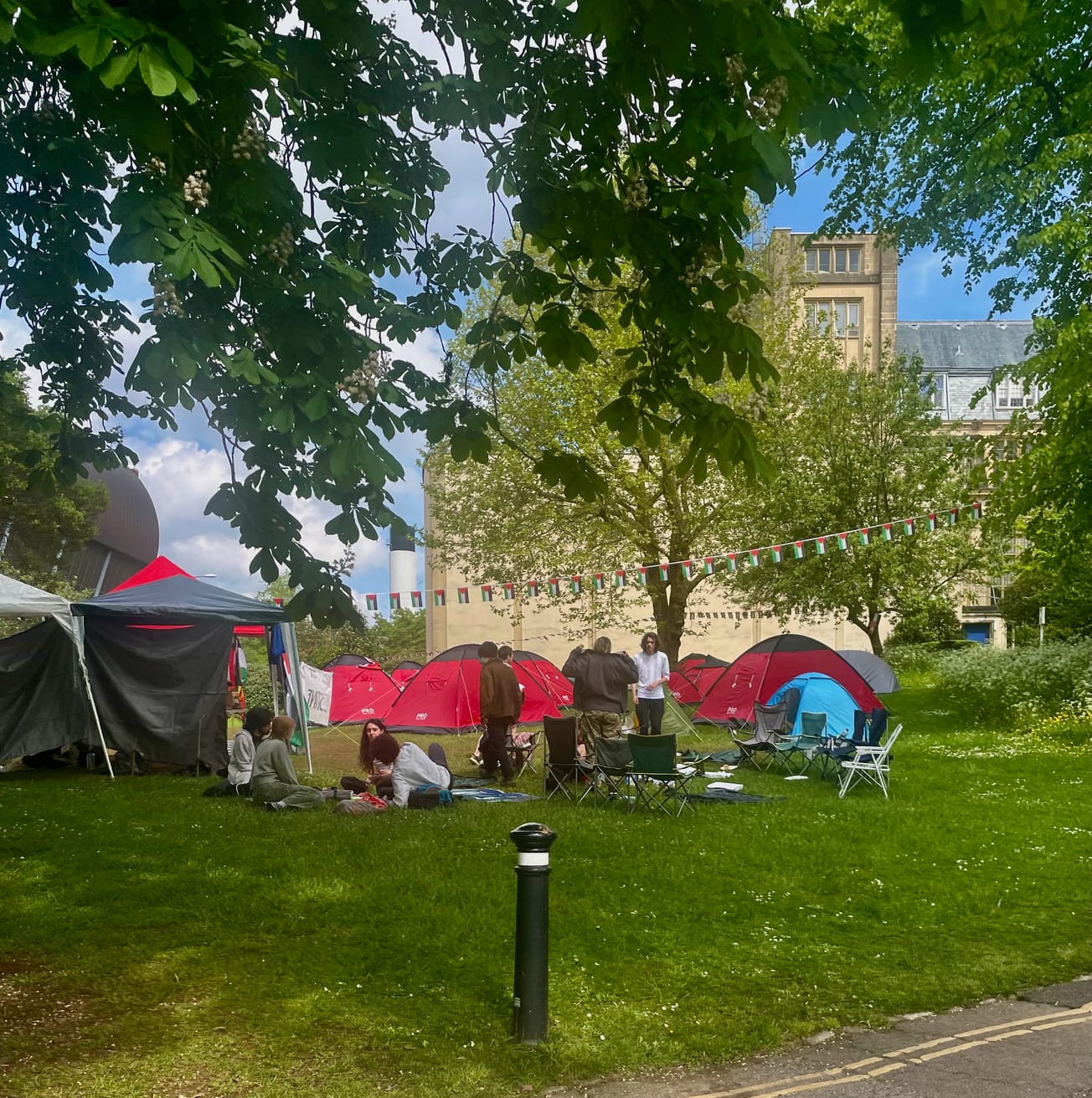By Maria Mulder, Third Year, Spanish and Portuguese
The Croft Magazine // In our fourth pin drop, we go on the ground in Coimbra with Year Abroad student Maria Mulder, currently studying at a university. Portugal is facing a snap election after the minority government collapsed.
I’m in a town called Coimbra, halfway between Porto and Lisbon. It’s in central Portugal, quite a way from the coast, and is a traditional town, centred around its university, meaning the population here is young. But, despite that, it feels like any other city. It’s in the middle of nowhere, but it doesn’t feel like it. I’m originally Dutch, but my mother is Lithuanian, so I’m basically half-Dutch, half-Lithuanian. I’ve lived most of my life in the UK, except for a time when I moved to Brazil, and now Portugal.
There’s much that ties Brazil and Portugal. Millions of Brazilians have Portuguese ancestry, and it’s very common for Brazilians to emigrate here… even here, in Coimbra, I’ve met so many Brazilians coming for increased security. Brazilian Portuguese has grammatical differences (more than the different varieties of Spanish). The accent is, in fact, entirely different.

I speak of Brazilian Portuguese, and it took me a month to get used to the European variety. The Portuguese of Portugal is also generally more formal, and they have other structures. They’re the same language, but if you’re from Brazil, you probably need to learn the structures the Portuguese use, and you also need to get used to the accent in order to be able to get along with the language.
Portugal has a minority government, supported by several parties over the last few years. Recently, there was a budget proposal, made by the minority government, but the other groups rejected it. It resulted in a collapse in their alliance, and it was decided that the decision should be returned to the people of Portugal. There is a president and a prime minister, unlike Spain, and it was the president who called the election. He has several powers and diplomatic duties, but it’s the prime minister who leads the government.
Featured Image: Epigram / Maria Mulder









